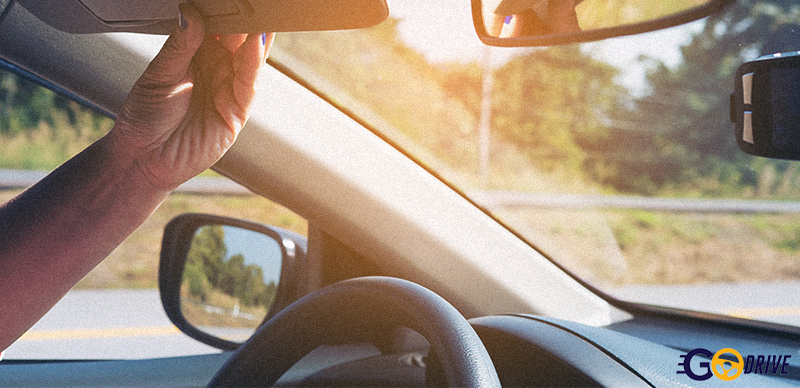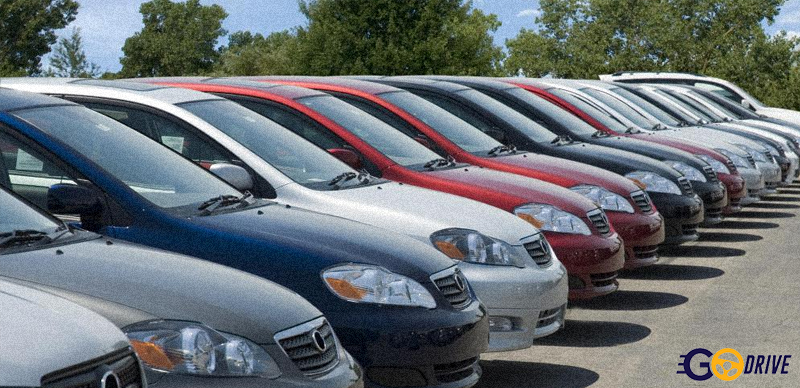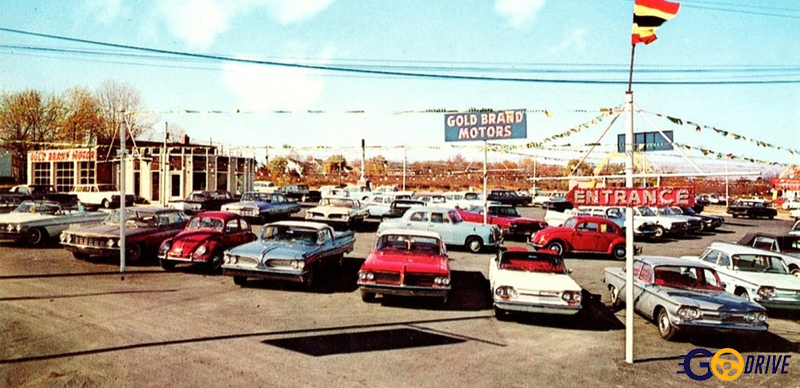
In a 2019 research conducted by AA Cars, a prominent car company in the US, it was observed that 74% of people who bought cars opted to get a used car compared to the mere 26% who bought brand new ones. Even in the Philippines, the significant increase in used car sales has been noticed in spite of the fact that the overall car sales have dropped due to the pandemic – about 50.9% as reported by Association of Vehicle Importers and Distributors (AVID). So why are more and more people going for pre-loved? Well, considering the many perks that we’re about to list down for you, the better question to ask yourself is, why shouldn’t they? And why shouldn’t YOU?
Budget-Friendly
Using the aforementioned research from AA cars as reference, the demographic that patronizes used cars more appears to be the younger buyers (18-24 years old). Above half of them, 59%, opted to buy a car that is more than 5 years old, 24% bought ones that are 3-5 years old, and 7% bought used cars that are less than 3 years old. This means that in this demographic, only 6% chose to buy a brand new car.
The obvious reason for this is that the age group of 18-24 years old is not really the most stable when it comes to finance. Most of them have only started their careers and are at entry-level job positions. With having less disposable income, comes the need to make sure you are budget efficient and that is exactly the trait that used cars are most known for.
Upon the signing of the paperwork at the dealership, a car is already considered to be technically “used”. At that point, a whole lot of depreciation is already needed to take into consideration when computing for that car’s fair market value. It’s a bit comical really that a mere signature can turn an 800K, brand new 2020 Toyota Vios to a 700K, used 2020 Toyota Vios. It’s even more fun though if you are the second buyer of the car. A huge portion of depreciation has already happened on the car so as a second prospecting buyer, you are already about to save a hundred thousand for buying a car that is still at the prime of its entire lifespan.
Naturally, the older the car, the cheaper it becomes. Be wary though as going for the older models also means that finding one with a good quality, history and mileage will also become trickier. Finding the right balance between affordability and quality is the key.
Favorable Selling Price
Perhaps you’re planning to sell your first car so you can upgrade once you manage to save more? That’s a good consideration too if said car is pre-loved. You won’t be hit hard by the depreciation rate as much as the first owner was and if the car itself was never actually physically hit hard as well, chances are, you would be recouping (via its mileage) a lot of the cash you expended for buying the car and then some more once you get to sell it at the price that’s close to when you bought it. There’s also the fact that you’re basically passing on the perks that you got your used onto another used car buyer. That should make you feel good, right?
Repair and Customization Freedom
As most used cars no longer have warranties, you will be able to bring your car to a repair shop that you trust and perhaps avail the same (if not higher) level of quality in terms of service that a dealership provides, for lower rates. This even applies to customizations. You want some suspension upgrades? Perhaps some underbody neon lights for a cooler night ride? You won’t have to pay a premium for these anymore. Just be sure though, to do these customizations before you get insurance coverage and inform your insurance agent about them. You wouldn’t want to have claim issues just because of an unreported modification whether intentional or not.
Eco-friendly
If you are one of the people who are conscious about the environment and try to reduce their share of carbon-footprint, then buying a used car just got more promising for you.
But they also spew out fumes from burning fuel and even electric cars contribute to this as power stations burn coals to generate electricity, so how come, right? Well you see, there’s a significant environmental cost when manufacturing a new car.
According to a 2004 study of Toyota (yep, we love our research and studies), about 28% of the carbon dioxide emissions generated during the lifecycle of a typical gasoline-powered car can occur during its manufacture and its transportation to the dealer. A used car of course has already gone through all these processes and you buying one means you are not going to avail and thus increase the demand of one additional brand new car that’s going to add onto the overall junk pile and pollution from car manufacturing and transport.
28% is a LOT. Considering an average lifespan of cars is 8 years and the yearly average carbon emission of a car is 4.6 metric tons, you will be saving our lungs and the environment from about 10.3 metric tons of carbon dioxide just by you buying a secondhand car while saving yourself some cash in the process.
In conclusion…
There’s a whole lot of reason as to why people buy a pre-loved car. Not only does it benefit the buyers themselves but also the people around them and the environment as an extension. Of course there are some disadvantages like being uncertain of the real history and quality of a used car and there’s the negative social stigma from some people when they learn that your ride’s a second hand, but even these disadvantages can easily be solved; the former by buying from a car financing company that does thorough inspections of every car that they are going to market and the latter by not giving a damn. So why not take part of the growing number of patrons of pre-loved cars?



